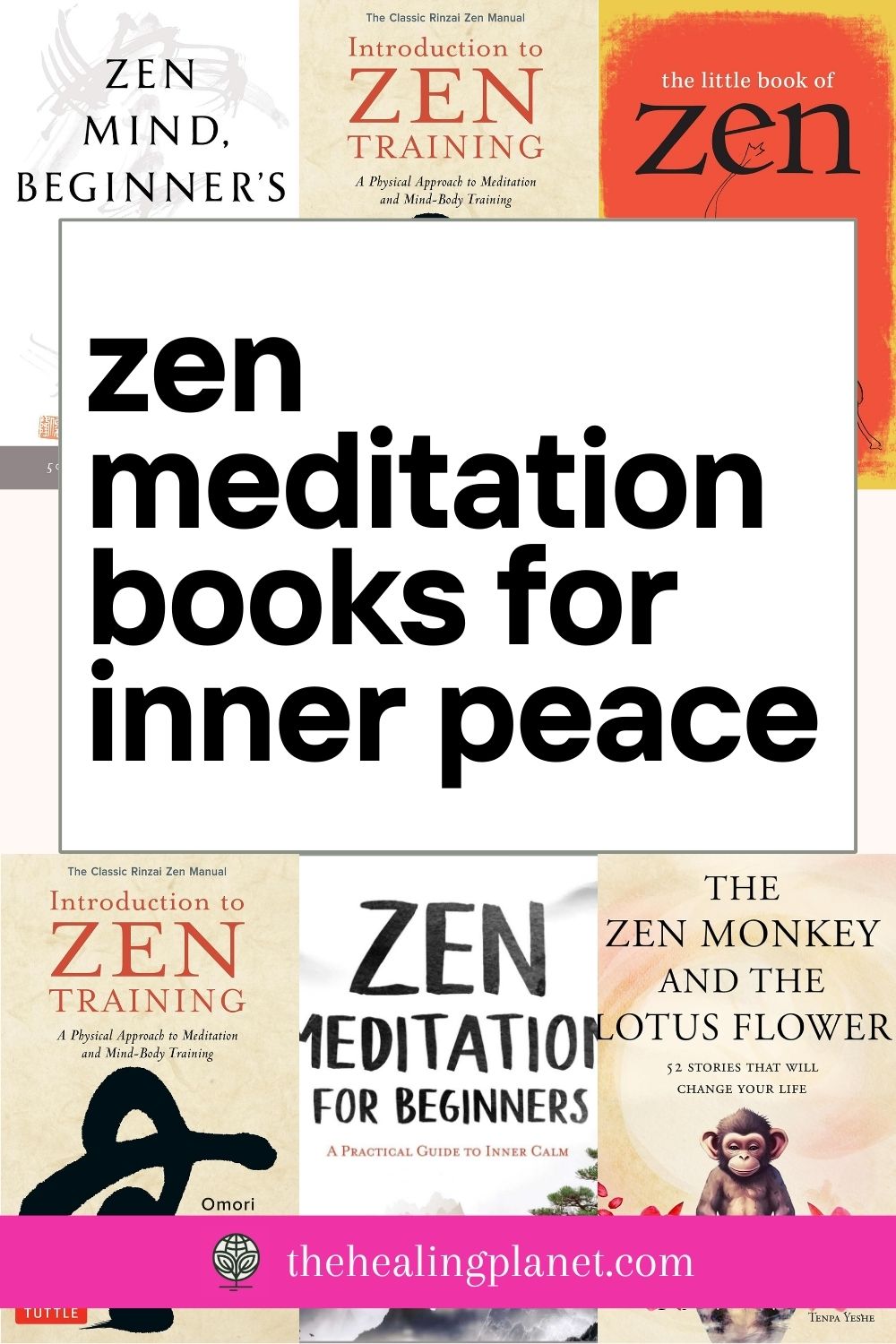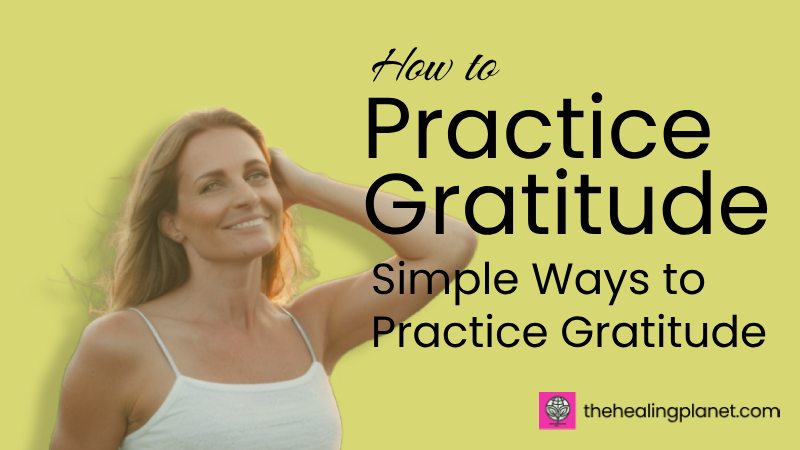In the hustle and bustle of modern life, it’s easy to feel overwhelmed and disconnected from yourself and the world around you.
Amidst the constant demands of work, family, and social obligations, you may crave a sense of peace and tranquility. If so, you might find solace in the ancient practice of Zen meditation.
Zen meditation is a simple yet profound practice that originated in China over 2,500 years ago. It’s a form of mindfulness meditation that involves focusing on your breath and observing your thoughts and feelings without judgment.
The goal of Zen meditation is not to empty your mind or achieve a state of “no thoughts,” but rather to become more aware of the present moment and cultivate a sense of inner peace and equanimity.
The article covers the following points:
Is Zen Meditation Right for You?
Zen meditation is a powerful practice that can offer many benefits, but it’s not for everyone. If you’re considering trying Zen meditation, it’s important to first ask yourself if it’s a good fit for your personality and lifestyle.
Here are a few things to consider:
- Do you enjoy quiet, contemplative activities? Zen meditation is all about quiet reflection and mindfulness. If you find yourself drawn to activities like yoga or reading in nature, then Zen meditation may be a good fit for you.
- Are you comfortable with sitting still for extended periods of time? Zen meditation typically involves sitting in a cross-legged position for 20-30 minutes at a time. If you have difficulty sitting still for long periods of time, you may want to start with shorter meditation sessions.
- Are you open to accepting your thoughts and emotions without judgment? Zen meditation encourages you to observe your thoughts and emotions without getting caught up in them. If you’re someone who tends to overthink or worry, Zen meditation can help you to develop a more accepting and present-centered way of being.
If you answered yes to most of these questions, then Zen meditation may be a good fit for you. However, it’s always a good idea to try a few different meditation techniques to see what works best for you.
To learn more about whether Zen meditation is right for you, check out our other blog section on meditation.
Embrace the Essence of Zen Meditation
Zen meditation is not about escaping from the world or ignoring your problems.
Instead, it’s about learning to observe your thoughts and feelings from a place of non-attachment, allowing them to come and go without getting caught up in them.

Starting with Zen Meditation
If you’re new to Zen meditation, it’s best to start with short sessions of 5-10 minutes.
You can gradually increase the length of your sessions as you become more comfortable. Here are a few tips for practicing Zen meditation:
- Find a quiet and comfortable place to meditate.
- Sit in a comfortable position with your back straight and your eyes closed.
- Focus on your breath, noticing the rise and fall of your chest and abdomen.
- Whenever your mind wanders, gently bring it back to your breath.
- Don’t worry if you have thoughts or feelings come up. Simply observe them without judgment and let them go.
- Be patient with yourself. It takes time and practice to develop the skill of meditation.
Unveiling the Benefits of Zen Meditation
The benefits of Zen meditation are numerous and well-documented. Here are just a few of them:
1. Overcoming Stress:
When you’re feeling stressed, your mind is constantly racing, making it difficult to relax and find peace. Zen meditation can help you to slow down your thoughts and focus on the present moment, which can help to reduce stress levels. Here’s how to use Zen meditation to combat stress:
- Find a quiet and comfortable place to sit or lie down.
- Close your eyes and focus on your breath.
- Notice the rise and fall of your chest and belly with each breath.
- When you notice your mind wandering, gently bring it back to your breath.
- Do not judge or criticize yourself for having thoughts or emotions. Simply observe them without judgment.
- Continue for 5-10 minutes.
2. Managing Anxiety:
Anxiety can manifest as a racing heart, difficulty breathing, and a feeling of impending doom. Zen meditation can help to calm your mind and body, which can ease anxiety symptoms. Here’s how to use Zen meditation to manage anxiety:
- Find a quiet and comfortable place to sit or lie down.
- Close your eyes and focus on your breath.
- Notice the sensations in your body, such as your breath and heartbeat.
- When you notice anxious thoughts or emotions, gently bring your attention back to your breath and body sensations.
- Do not try to suppress or avoid your anxiety. Instead, accept it and allow it to be present.
- Continue for 5-10 minutes.
3. Dealing with Anger:
Anger can be a destructive emotion that can lead to unhealthy behaviors. Zen meditation can help you to manage your anger and find healthier ways to express it. Here’s how to use Zen meditation to deal with anger:
- Find a quiet and comfortable place to sit or lie down.
- Close your eyes and focus on your breath.
- Notice the physical sensations of anger in your body, such as a clenched jaw or tense muscles.
- Breathe into these sensations and allow them to release.
- Practice self-compassion and forgiveness.
- Continue for 5-10 minutes.
4. Coping with Grief:
Grief is a natural and normal response to loss. Zen meditation can help you to process your grief and find peace during this difficult time. Here’s how to use Zen meditation to cope with grief:
- Find a quiet and comfortable place to sit or lie down.
- Close your eyes and focus on your breath.
- Allow yourself to feel your emotions without judgment.
- Remember that your grief is valid and that you are not alone.
- Continue for 5-10 minutes.
5. Enhancing Self-Esteem:
Low self-esteem can lead to a variety of problems, such as anxiety, depression, and unhealthy relationships. Zen meditation can help you to develop a more positive self-image and improve your self-esteem. Here’s how to use Zen meditation to enhance self-esteem:
- Find a quiet and comfortable place to sit or lie down.
- Close your eyes and focus on your breath.
- Notice the positive qualities about yourself.
- Appreciate yourself for who you are.
- Continue for 5-10 minutes.
These are just a few examples of how to use Zen meditation to deal with specific problems. The key is to be consistent with your practice and to find a time and place that is conducive to meditation. With regular practice, you may find that Zen meditation can make a significant difference in your life.
Seeking Guidance and Resources
There are many resources available to help you learn more about Zen meditation. Here are a few suggestions:
Disclosure: Some of the links below are affiliate links. This means that, at zero cost to you, I will earn an affiliate commission if you click through the link and finalize a purchase.

Books At Amazon
- Introduction to Zen Training: A Physical Approach to Meditation and Mind-Body Training
- Zen Meditation for Beginners: A Practical Guide to Inner Calm
- The Zen Monkey and the Lotus Flower: 52 Stories to Relieve Stress, Stop Negative Thoughts, Find Happiness, and Live Your Best Life
- Zen Mind, Beginner’s Mind
- The Little Book of Zen: Sayings, Parables, Meditations & Haiku
- Websites:
- Apps: Insight Timer
Give Zen Meditation a Try
Zen meditation is a powerful practice that can have a profound impact on your life. If you’re looking for a way to reduce stress, improve focus, and connect with yourself and the world around you, I encourage you to give Zen meditation a try.
Remember, it’s never too late to start a meditation practice. So, take a few minutes each day to sit quietly, focus on your breath, and let go of your worries and concerns.
You might be surprised by how much peace and tranquility you can find within yourself.











